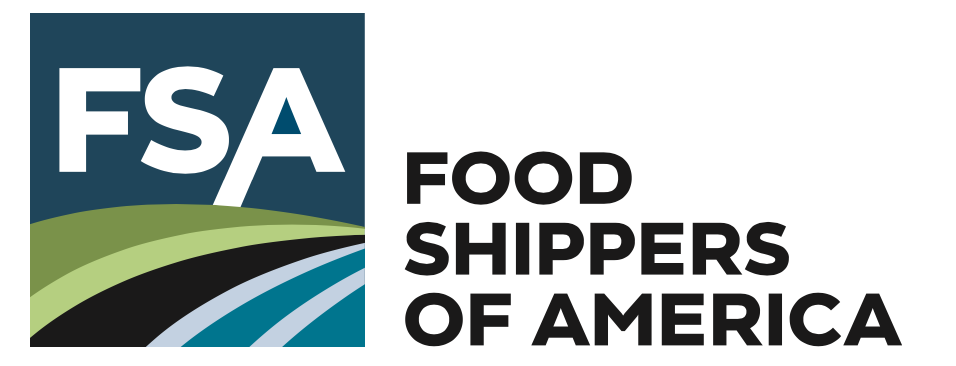Shippers Push FMC to Expand Oversight on Demurrage, Terminal Dwell Fees
by Staff, on May 24, 2022 9:38:05 AM

The National Shipper Advisory Committee (NSAC) wants regulators to have more oversight over intermodal cargo and ensure that costs associated with dwell fees aren’t passed along to customers. NSAC, a shipper advisory group to the Federal Maritime Commission (FMC), is asking the agency to expand its authority over demurrage fees charged by ports and railroads at ocean terminals.
The NSAC voted April 27 to recommend the FMC expand its authority to include oversight over certain demurrage fees charged by railroads, which has hit record highs in recent months. The committee, comprised of 24 importers and exporters, also voted to recommend the FMC adopt a new rule aimed at preventing ocean carriers from passing along costs associated with ports’ terminal dwell fees.
Food shippers that are part of the advisory committee include Walmart, Target, Cargill, Ocean Spray Cranberries, Blue Diamond Growers, American Commodity Co., and the Wine and Spirits Shippers Association.
Supply chain congestion has been a primary driver causing significant increases in demurrage fees, which are charged after cargo lingers beyond a certain point. Food shippers have complained they shouldn’t be on the hook for charges when they are not the cause of congestion.
“We’re on the hook to pay for a problem that we may be partially helped to create but we are certainly not the sole owner,” said one shipper at the committee hearing last month. “But we’re the only ones paying for it.”
The advisory committee, formed last May to help inform the FMC on potential solutions to ocean shipping bottlenecks, is recommending the agency expand authority over demurrage fees to include intermodal cargo and port terminal dwell fees.
The committee argues the FMC should have oversight over all parties involved in a bill of lading. As rail carriers are subcontractors to ocean carriers, the committee says, they should therefore be subject to FMC regulation.
“The spirit of the FMC’s oversight should be founded at the bill of lading level through to the final destination defined by the shipment parties,” the advisory group wrote in its recommendation to the FMC.
The committee also pushed back against dwell fees some West Coast ports have charged in a bid to clear congestion, arguing that carriers should be prevented from passing along the costs and be the one to dispute improperly applied charges.
The Port of Los Angeles and the Port of Long Beach announced last October a U.S. $100 fee for each container left on terminals for nine days or more, with an additional $100 fee for each day the cargo is not moved. The ports recently moved to extend their power to impose the fee until July 28, although fee implementation has been delayed since the start of the program. However, the Port of Seattle has implemented a terminal dwell fee as have some marine terminal operators, the advisory committee. Ports have argued that the threat of a dwell fee has contributed to improvements in congestion.
Food shippers, however, say carriers should be responsible for those charges.
“The application of such charges should not be borne by the importer who cannot be incentivized by the application of these punitive charges to collect the cargo from the terminal any sooner,” the committee wrote in its recommendation.
Like this kind of content? Subscribe to our "Food For Thought" eNewsletter!
Now more than ever, professionals consume info on the go. Distributed twice monthly, our "Food For Thought" e-newsletter allows readers to stay informed about timely and relevant industry topics and FSA news whether they're in the office or on the road. Topics range from capacity, rates and supply chain disruption to multimodal transportation strategy, leveraging technology, and talent management and retention. Learn More



